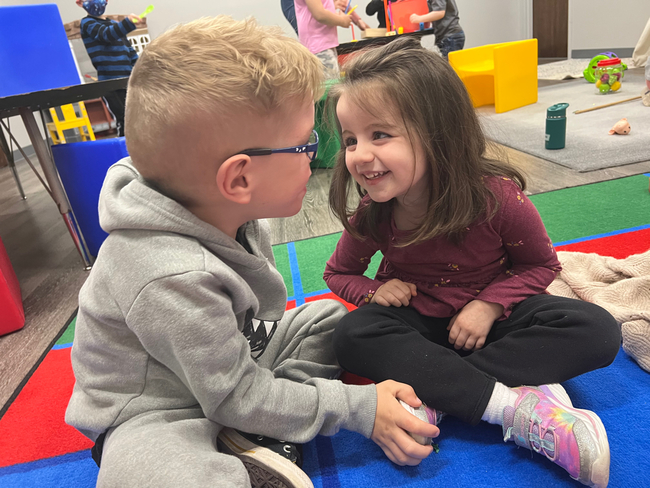
You take care of your children physically, providing food, shelter, and medical care, but did you know that even young kids can have challenges with social-emotional development and other related concerns? Here are a few ways you can encourage and maintain their psychological wellness.
Why It’s Important
Maintaining a young person’s psychological stability is important for ensuring that they feel secure, relate well to others, and foster their own developmental milestones. By supporting them, you’re supporting how they think, feel, and act.
Practical Ways to Provide Support
There are several practical things you can do right now to provide support…
Create realistic goals
Kids can feel overwhelmed by tasks and goals that they feel are beyond their reach. Taking it one step at a time helps them develop achievable goals and gives them a sense of accomplishment as each goal is reached. Dish out big praise when goals are met, and provide motivation when they are not.
Improve self-esteem
Parents frequently don’t realize that very young kids are already struggling with self-esteem issues. Around the age of six, kids begin to compare themselves with their peers. They may feel incompetent and inferior, especially if they think of themselves as lacking in an area they feel is important. This age group is highly susceptible to perceived disapproval from parents, teachers, and peers.
Positive self-esteem is a proactive factor in maintaining a positive mentality. Parents can boost this by helping to build a child’s confidence. Some easy ways to do this include:
- Allowing them to try new things, even if they make mistakes
- Praise effort as much as results
- Focus on their strengths
- Encourage them to help out at home
- Celebrate milestone achievements and meet goals
Encourage Autonomy
Children should be encouraged to make their own decisions. This builds resilience and confidence. Autonomy means allowing them to understand that they have control over themselves and, to some degree, their environment. Here are a few ways to encourage it:
Offer choices: Let them choose between a few outfits each day, what vegetables they want for dinner, and even what they do with their free time. Give them safe options and respect their decisions.
Listen to their opinions: Listening shows that you value their opinion and that it matters. If possible, incorporate even some small aspect of these opinions into their daily life.
Assign responsibilities that matter: Don’t assign tasks that are too hard or too easy, but give an age-specific list of responsibilities. This also includes letting them understand the consequences of not fulfilling the responsibility.
Promote Physical Wellbeing
Promote nutritional eating and physical activity. Exercise is a great tool to boost mood and reduce stress and anxiety! Encourage good sleeping habits and good hygiene practices as well so they feel ready for the day ahead of them.
Help Develop Productive Coping Skills
Developing coping skills will provide encouragement to learn ways to problem solve and challenge negative thinking. Those who haven’t learned adequate coping skills may turn to avoidance strategies, such as procrastination on a difficult project or pleading illness instead of going to school. Poor coping skills are far more likely to escalate to unhealthy strategies as these kids get older including overeating, alcohol, or drugs.
Mental Health Sets a Solid Foundation for Life
Addressing this at a young age helps set a foundation for life! It means encouraging positive social skills and coping skills to manage daily stressors. It also means improving one’s ability to communicate with themselves and others so they can function well at home and in school. We provide pediatric mental health therapy in Frederick, MD by creating effective treatment plans that address the challenges faced by young ones and their families. Basal Therapies provides a passionate partnership that drives real progress for our youngsters and their families. Contact us now and let’s talk about setting them up for success through psychological well-being.
If you feel that you or your child is in crisis, contact 911/211 or go to the nearest emergency room.









